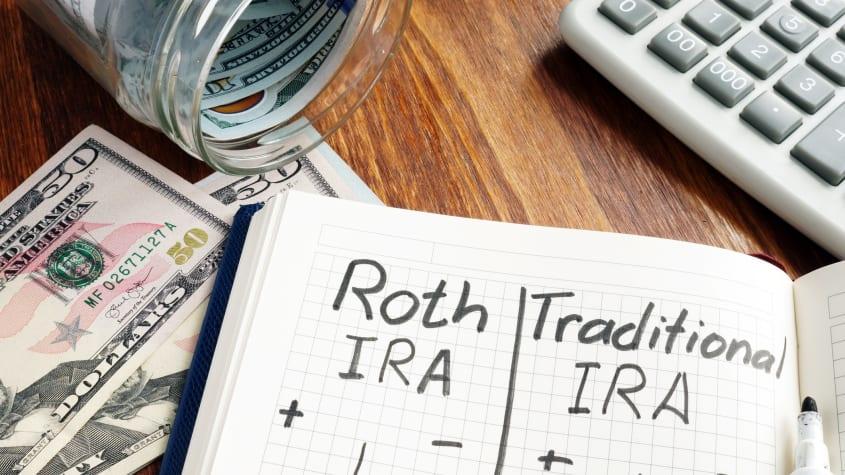One year into the pandemic, Americans are continuing to strike a balance between staying safe and handling their day-to-day responsibilities. One major challenge we all face this time of year (pandemic or no pandemic) is filing our taxes on time. On March 17, less than one month until Tax Day, the IRS announced an extension for the 2021 tax filing season. Here’s what you need to know about filing your 2020 taxes.
2021 Deadline Extension
The IRS has announced that the tax filing deadline will be pushed back one month, until May 17, 2021.
The delay follows continued disruption from COVID-19. As a reminder, we saw a delayed start to the 2021 tax season as well. While tax season typically begins on the first of the year, the IRS delayed the start until February 12.
As a reminder about tax extensions, there will no late penalties or fees for tax returns filed up through May 17, 2021 – regardless of how much you may owe. To receive your refund in a timely manner, the IRS recommends filing electronically and setting up a direct deposit.
While this extension isn’t unexpected, it may be a welcomed change to many still coping with what is becoming one of the most complicated tax seasons in decades.
IRA & HSA Deadline Extension
At the time of the IRS’s initial announcement, it was unclear whether or not the tax filing extension pertained to certain contributions as well. On March 29, the IRS confirmed that individuals may continue to make 2020 contributions to their tax-advantaged accounts up until May 17, 2021.2
You may make 2020 contributions to accounts including:2
- IRA & Roth IRA
- Health Savings Account (HSA)
- Archer Medical Savings Account (Archer MSA)
- Coverdell education savings account (Coverdell ESA)
Why Was the Deadline Extended?
According to a statement released by the IRS, “This continues to be a tough time for many people, and the IRS wants to continue to do everything possible to help taxpayers navigate the unusual circumstances related to the pandemic, while also working on important tax administration responsibilities.”1
In addition, the American Rescue Plan Act passed in early March, promising eligible Americans $1,400 stimulus payments. The timing of this legislation is tricky, as it fell right in the middle of tax season – many Americans have already filed, while many others haven’t. Because the stimulus payments are actually considered tax credits, any indiscretions or missing payments were initially meant to be resolved when a tax return was filed. It’s possible the extension of the tax filing deadline could, in part, have to do with helping eligible Americans receive or request their latest stimulus payment – although this reason was not specifically given by the IRS in their official statement. If you’re concerned about receiving your stimulus payment, your CPA can answer any questions you may have regarding that process.
What About Estimated Tax Payments?
On March 29, the IRS confirmed that the deadline for estimated tax payments, or quarterly payments, will not be extended. Those who pay quarterly taxes will still be expected to pay by April 15, 2021.2
A Reminder About Texas, Oklahoma & Louisiana
Several southern states faced severe weather towards the end of February, causing mass power outages, food shortages, destruction to homes and more. In response to the natural disaster, the IRS extended the tax deadline to June 15 for the 2021 filing season.1 This extension is for Texas, Oklahoma & Louisiana residents only. If you live in these states, your local and state tax deadlines may have been extended as well.
For those who have already filed their taxes, this likely won’t change much. And while a deadline extension can be helpful for many, it’s still important to get your tax return taken care of. If you haven’t already, get in touch with your financial advisor or CPA to review the necessary paperwork for the 2020 tax year.




